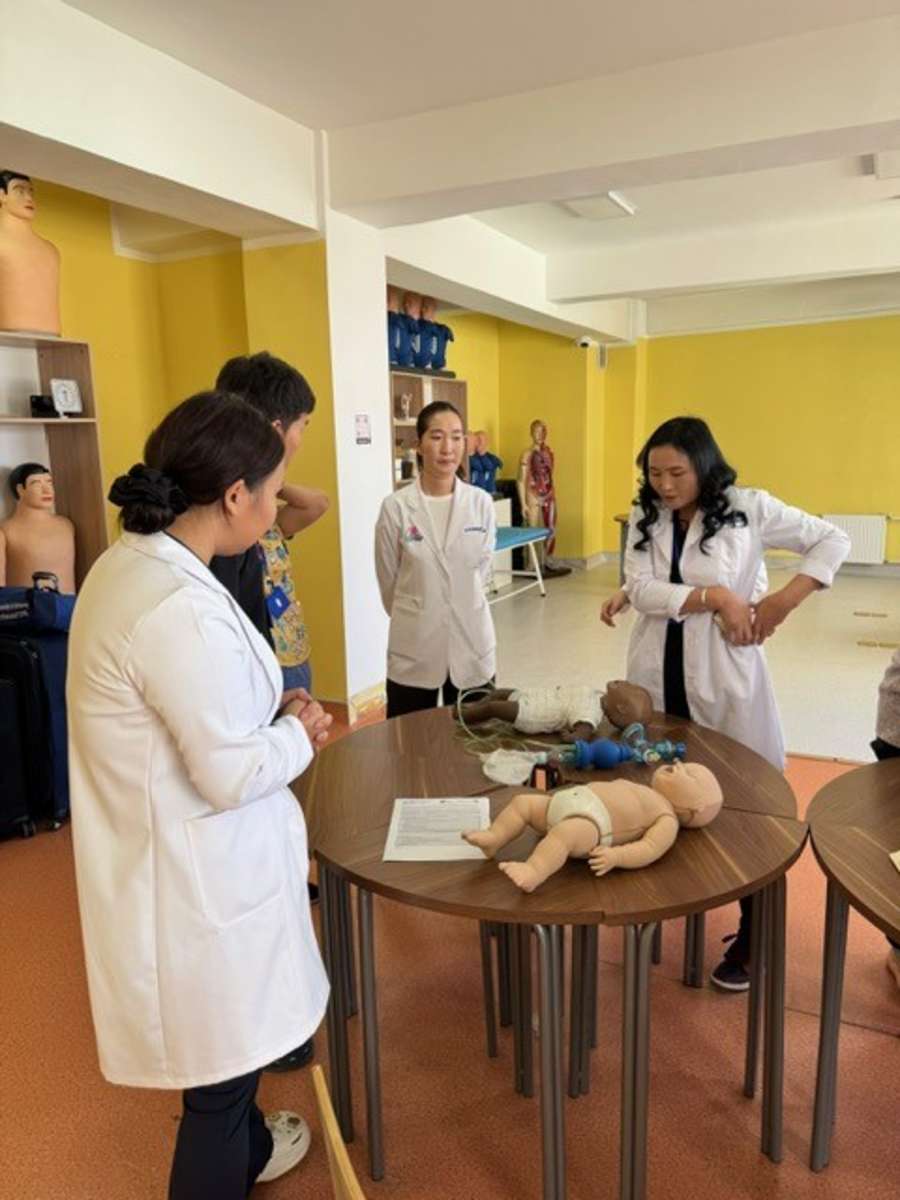I will be joining a group of colleagues who will be providing pediatric education to pediatric physicians at the Mongolian National University of Medical Sciences. I will be teaching Pediatric Advanced Life Support, utilizing the American Heart Association methodology. I will also be providing supplementary lectures on pediatric obesity treatment to pediatric physicians. By providing evidence based medical recommendations, I will be enhancing physicians with their abilities to treat children.
My expertise in providing patient care in multiple countries, as well as with educating health care providers in multiple countries, will enable me to provide appropriate education to this group of physicians. This training will enable colleagues in Mongolia to enhance their ability to care for children.
This project will benefit pediatric physicians, residents and healthcare providers at the Mongolian National University of Medical Sciences, as they will be gaining knowledge from the training. Mongolia currently is not able to access formal Pediatric Advanced Life Support training. By providing this training, a group of learners will be able to improve their skills when caring for critically ill children. Additionally, they will be able to share their knowledge with other colleagues. The pediatric obesity epidemic is growing worldwide, including in nations such as Mongolia. Sharing obesity treatment recommendations will enable an evidence based approach to patient care. As this topic was a request from the Mongolian National University of Medical Sciences, I am confident I will be providing information useful to their learning.
By providing this education, I hope to inspire participants in the conference to be able to further their educational efforts by sharing their knowledge with others. In this fashion, a larger group of healthcare providers can be impacted. Team members have been able to collaborate longitudinally with this group of interested colleagues, and I hope to be able to return to provide additional evidence based recommendations when able.






Our trip, which consisted of a group of 10 US pediatric medical educators (pictured), was able to teach pediatric life support simulation sessions to a group of 28 healthcare workers at the Mongolia National University of Medicine. We were also able to teach about how to design simulation sessions, which will be of particular use for faculty to utilize the new simulation center at the University. Finally, we educated on pediatric topics of interest to a group of approximately 50 pediatricians from around the country.